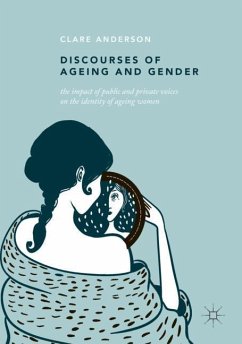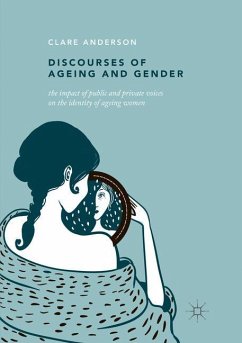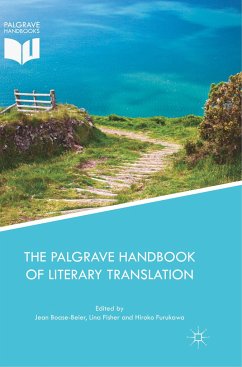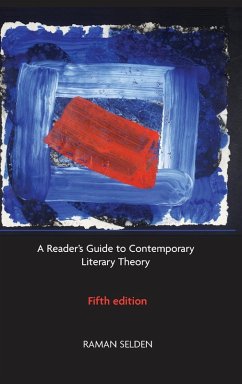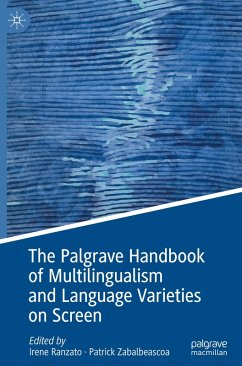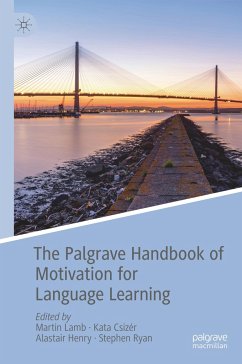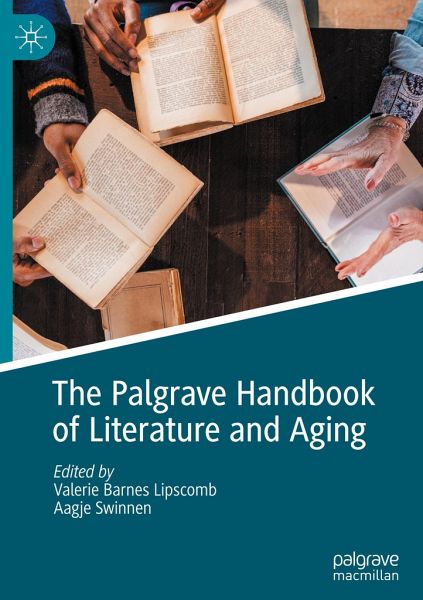
The Palgrave Handbook of Literature and Aging

PAYBACK Punkte
76 °P sammeln!
This handbook offers a comprehensive survey of the growing field of literary age studies and points to new directions in scholarly research. Divided into four sections, the volume reflects the current conversations in the field: intersections and intersectionalities, traveling concepts, methodological innovations, and archival inquiries. It encompasses the spectrum of critical approaches that literary age studies scholars employ, from environmental studies and postcolonial theory to critical race theory and queer studies. While close reading continues to be a mainstay of literary criticism, th...
This handbook offers a comprehensive survey of the growing field of literary age studies and points to new directions in scholarly research. Divided into four sections, the volume reflects the current conversations in the field: intersections and intersectionalities, traveling concepts, methodological innovations, and archival inquiries. It encompasses the spectrum of critical approaches that literary age studies scholars employ, from environmental studies and postcolonial theory to critical race theory and queer studies. While close reading continues to be a mainstay of literary criticism, the handbook highlights alternative tools and routes in both data elicitation and analysis. The final part of the book shows the burgeoning interest in the field from literary scholars across historical periods, extending the scope of literary age studies beyond contemporary texts. This is an essential reference work for advanced students and scholars of literary studies, gerontology, age/aging studies, interdisciplinary studies and cultural studies.






